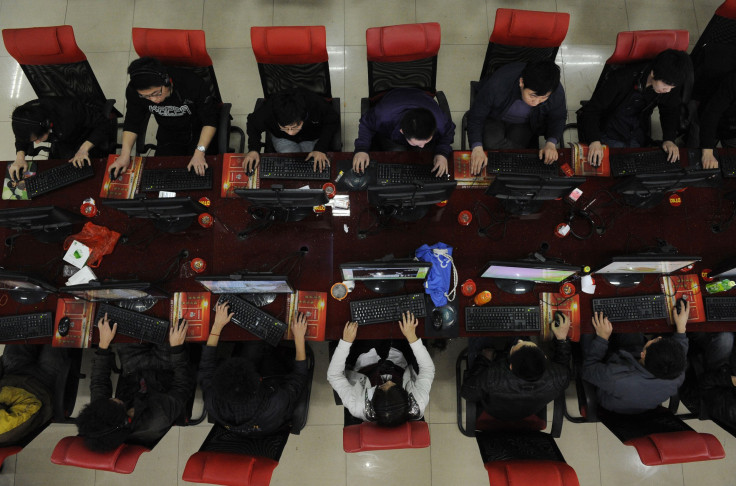Father of ‘Great Firewall of China’ Blocked By His Own Creation During Presentation

The man who has been dubbed the father of the "Great Firewall of China" was left embarrassed during a presentation when a website he was trying to access was blocked by his own invention, forcing him to circumvent his own censorship system.
Fang Binxing is president of the Beijing University of Posts and Telecommunications and credited by Chinese state media as the driving force behind what is one of the most strict internet censorship regimes in the world. The Firewall blocks access to the likes of Google, Facebook and Twitter for users in China.
Fang was giving a talk on internet security at the Harbin Institute of Technology in Beijing on Saturday, according to Hong Kong-based website Ming Pao, when he attempted to access a South Korean website but was foiled by his own invention.
Even worse, Fang was forced to fire up a virtual private network (VPN) in order to circumvent the censorship. The Chinese government has been cracking down on services offering such a service recently as they are one of the main routes used by Chinese citizens to access the wider internet.
A planned question-and-answer session due to follow the talk was abandoned, likely due to too many questions being raised about what the those in attendance had just witnessed. Fang was attempting to highlight the fact that South Korea was also working to build a version of the Great Firewall.
Unlike China, which is listed as an “Enemy of the Internet” by the group Reporters Without Borders due to its censorship of online access, South Korea is listed as one of the countries under surveillance by the group for its filtering of some sensitive content, including websites in praise of North Korea.
This is not the first time Fang has come in for ridicule for his online activities. In 2010 when he set up a profile on the popular Chinese social media website Sina Weibo, Fang was greeted with a torrent of abusive comments by users angry at his part in restricting their internet access.
Following Saturday’s error, Sina Weibo users were once again quick to pour scorn on Fang’s error, with one pointing out that Fang was so dedicated to his work he didn’t leave a backdoor in the system “even for himself” while another said: “Blocked by his own system… This is just too hilarious.”
The incident comes at a time when the Chinese government is seeking to push through new draft internet regulations, which will ban Chinese websites that have been registered abroad as it seeks to bolster the already strong censorship provided by the Great Firewall.
The government has published the draft regulation online and opened a public comment session, and while most don’t expect any negative views to change the proposed legislation in any meaningful way, a lot of frustrated Chinese citizens are still using the opportunity to voice their opinion by clicking the “Oppose” button on the website.
© Copyright IBTimes 2024. All rights reserved.






















